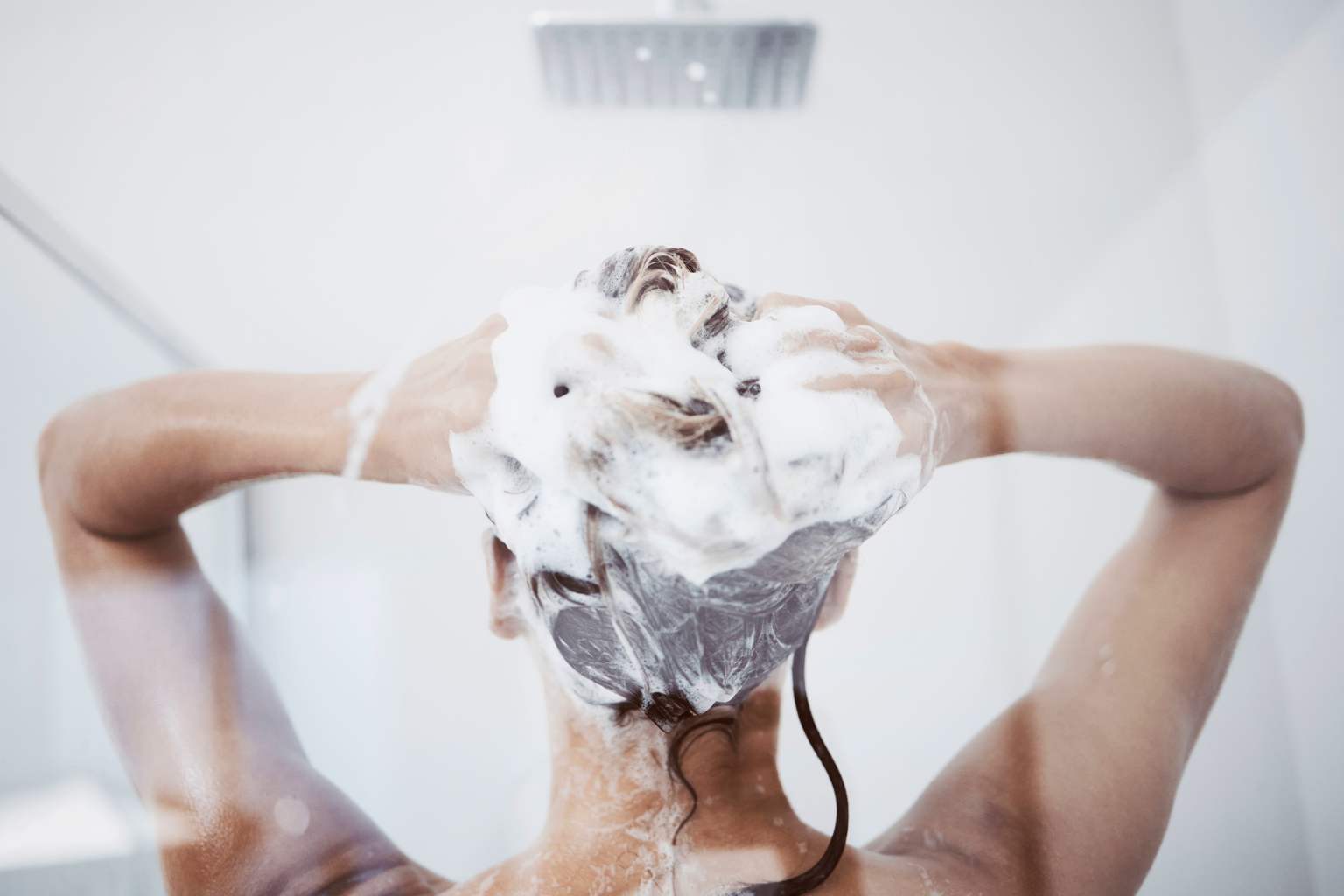Have you ever paused during your morning routine and wondered: How often is the best to wash my hair? It sounds simple, yet the answer has sparked endless debates among haircare experts. It turns out, the right frequency for washing your hair depends on much more than just habit—it’s about your hair type, scalp health, and lifestyle.
Washing your hair isn’t just about looking fresh; it plays a big role in scalp health, controlling oil production, and preventing irritation or flakes. But what if there isn’t a one-size-fits-all answer? Let’s explore what the science says, so you can find your perfect hair-washing rhythm.
Why daily hair washes aren’t always best for your scalp
For years, opinions have swung between washing hair every day to stretching the time between shampoos. Some say daily washing keeps your hair clean and manageable, while others warn it can strip away natural oils that protect and nourish your scalp.
Experts now agree that there’s no universal rule. Instead, the best frequency depends on your hair texture, scalp condition, how active you are, and even your local climate. The key is finding a balance that cleans without over-stripping.
A dermatologist featured in the Guardian explains that shampoo itself isn’t harmful—what matters is how often you use it. Washing your hair either too frequently or too rarely can cause issues. Usually, washing anywhere between once a day to once a week is recommended depending on individual needs.
How to customize your hair wash routine based on hair type
The Mayo Clinic, renowned for its research and care, suggests that people with normal hair may wash their hair about two or three times per week. On non-wash days, using dry shampoo or leave-in conditioners can keep hair looking fresh.
If you have dry hair, it’s best to space out washes more to avoid stripping away natural moisture. An enriching conditioner can add hydration and soothe the scalp between washes.
For those dealing with mild dandruff, starting with a daily shampoo using a gentle, non-irritating formula can help reduce flakes. If dandruff persists, a medicated anti-dandruff shampoo can provide relief.
People with sensitive scalps or dry hair should limit washing frequency and focus on calming treatments to protect their skin. Since dandruff is one of the most common scalp conditions, choosing the right shampoo is crucial for effective control.
Signs your scalp or hair might need extra care
Understanding when your hair and scalp need attention can prevent discomfort or more severe issues. According to MedlinePlus, a trusted source linked to the National Library of Medicine, dandruff presents as white or yellow flakes that often itch and can be a sign of seborrheic dermatitis—a skin condition causing irritation and redness.
Parents might notice a form of this in babies, often called “cradle cap.” It’s usually harmless and cleared up by gentle shampooing and scalp massage, though doctors can prescribe special treatments if needed.
Other scalp problems include fungal infections like ringworm, which cause red, itchy patches, or psoriasis, leading to thick, scaly, and painful areas on the scalp.
Dry hair is another common issue. When hair lacks enough moisture and natural oils, it looks dull and feels brittle. This often results from washing too often or using harsh shampoos and heat styling tools like blow dryers. Even the weather plays a role; dry indoor air or cold, windy conditions can sap your hair’s natural hydration.
Tips to naturally strengthen your hair and scalp
Harvard Health highlights how essential it is to use the right haircare products and maintain good nutrition for strong, healthy hair. It’s not just about cleaning—your diet matters too.
Certain vitamins, especially from the B complex, support hair health by helping your body turn food into energy. Vitamin B1, found in fortified cereals, rice, trout, black beans, tuna, and squash, is one example.
Vitamin B2 appears in oats, dairy, meat, seafood, almonds, and cheese.
Vitamin B7, also known as biotin, is abundant in eggs and available in smaller amounts in fish, pork, beef, sunflower seeds, sweet potatoes, and nuts.
From personal experience, I once struggled with dry, lackluster hair after switching shampoos and washing every day. Once I adjusted to washing just twice a week and added a moisturizing conditioner, I noticed my hair became softer and shinier within just a few weeks. It was a reminder that less can be more, and tuning into your hair’s unique needs pays off.
What about you? Have you experimented with how often you wash your hair? Do you feel certain routines made a difference for you? Drop a comment below—your insights might just inspire someone else to rethink their hair care habits!
For more detailed guidance, feel free to check out the expert sources here: [Mayo Clinic](https://www.mayoclinic.org), [MedlinePlus](https://medlineplus.gov), and the [Guardian report](https://www.theguardian.com).

That is so true I have very short
Hair and that is why my hair is very dry and brittle what I use to get it right again
My hair is always short and I’m washing them everyday almost for 30 years
I am the same way Jasmin, if I dont shampoo and put conditioner on my daily shower I feel greasy and dirty., I love feeling clean and refreshed 😁.
Yes I struggle to not wash hair everyday as older hair so dry I try to wait til 3rd day but I work so can’t look like I just woke up dry shampoo make hair all staticy
I don’t know about washing my daily. I will wash it weekly.
I have washed my hair every single day since I started work at age 18. I am now 67. I don’t have oily hair, just can’t stand not washing it daily. Each to his/her own.